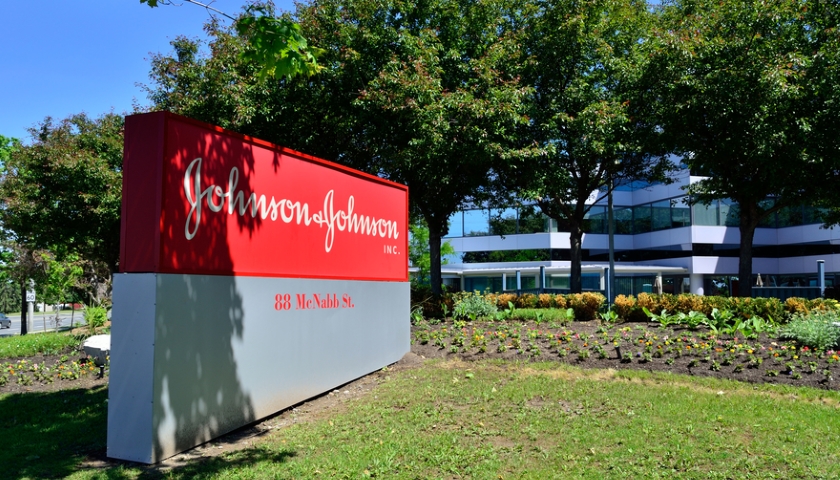
One of the Johnson & Johnson’s top clinical trial readouts for 2023 just generated results, which bode very well for the future prospects of multiple myeloma CAR-T Carvykti.
BCMA-directed cell therapy Carvykti (ciltacabtagene autoleucel) has seen sluggish growth since it was first approved by the FDA in March 2022 as a fifth-line or later therapy for multiple myeloma, but the CARTITUDE-4 study could see it used earlier on in the treatment pathway.
The study – which tested Carvykti in patients with one to three lines of prior therapy – gives J&J an opportunity to leapfrog Bristol-Myers Squibb and 2Seventy bio’s rival BCMA CAR-T therapy Abecma (idecabtagene vicleucel), currently also indicated as a fifth-line or later therapy for the blood cancer.
The Legend Biotech-partnered CAR-T hasn’t yet reached sales levels that warrant being reported in J&J’s quarterly results – in part because of manufacturing problems – but J&J said in its first-quarter results update last week that it expects the threshold to be reached in the first quarter of this year.
Legend said last week that Carvykti made $55 million in the fourth quarter. Abecma meanwhile, which came to market around a year before Carvykti, saw sales top the $100 million level in the third quarter of 2022, taking its nine-month tally to $263 million. BMS is due to report fourth quarter results on 2 February.
CARTITUDE-4 compared Carvykti to a pair of three-drug multiple myeloma regimens – pomalidomide, bortezomib, and dexamethasone (PVd) or daratumumab, pomalidomide, and dexamethasone (DPd) – in patients who had relapsed after at least one regimen containing lenalidomide, a standard first-line therapy for the cancer.
The study was unblinded on the recommendation of its independent data monitoring committee after a significant improvement in progression-free survival (PFS) was seen in the Carvykti group.
J&J’s chief executive Joaquin Duato said during the company’s first-quarter call that multiple myeloma will be the most important driver for its pharma division in the coming years.
Expanding the use of Carvykti is a key component of that, along with moving anti-CD38 antibody Darzalex (daratumumab) into first-line treatment and growing its two bispecific antibodies, recently-approved BCMAxCD3 drug Tecvayli (teclistamab) and recently-filed GPRC5DxCD3 candidate talquetamab.
BMS is also hoping to move Abecma into earlier lines of therapy for multiple myeloma of course, and last August reported encouraging results from the KarMMa-3 study is designed to support third-line treatment with the CAR-T, after failure of both lenalidomide and Darzalex treatment.
The final results of CARTITUDE-4 will be reported at a future medical congress, including results on overall survival, a secondary endpoint. That should allow some comparisons to be drawn between Carvykti and Abecma in earlier treatment.
Some analysts are already predicting blockbuster sales of J&J’s CAR-T if it can obtain swift approval in the second-line setting, a population estimated to be around 36,000 patients per year versus around 3,000 for fifth-line use.
Meanwhile, both J&J and BMS are testing their CAR-Ts as first-line therapy – respectively in the CARTITUDE-5/CARTITUDE-6 and KarMMa-9 trials – which got underway last year.
The post Trial sets up earlier use of J&J’s Carvykti in myeloma appeared first on .

